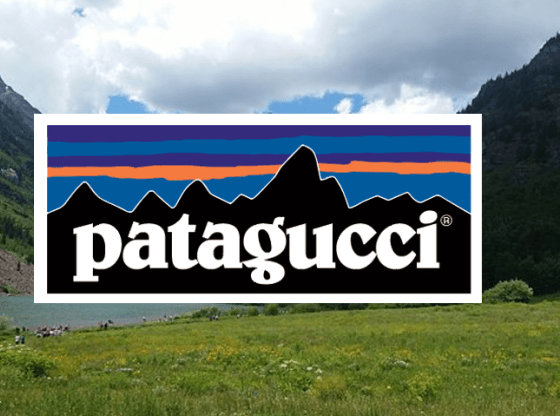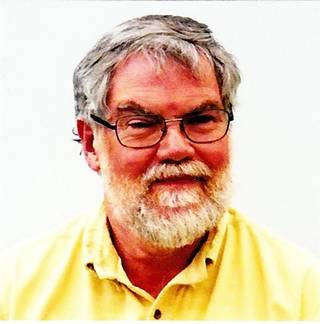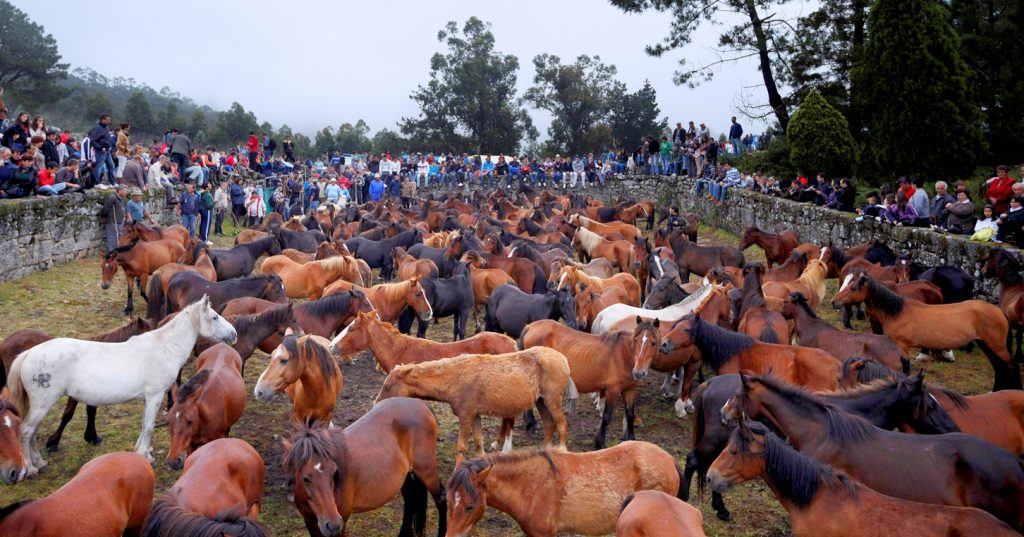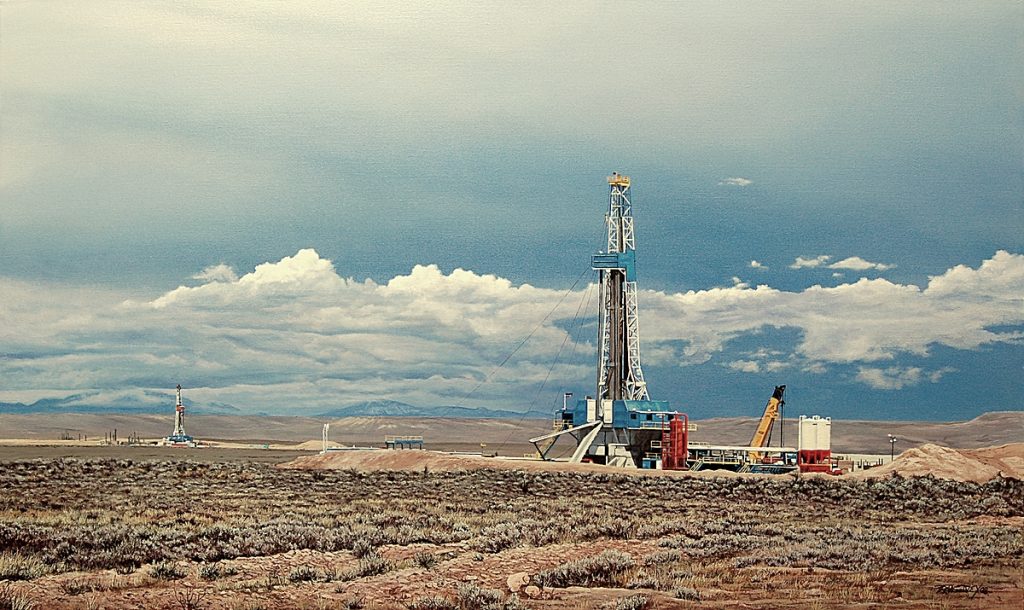Individuals who have earned their wealth elsewhere bring it to the elite locations when they move or retire near parks paid for by the public. The individuals who move often enjoy lower tax rates on their passive income. The locals who benefit are those who sell or rent real estate — there is no matching, positive effect on local wages.
Select federal lands attract wealthy elites, don’t benefit working class
In her commentary, Lawson cited a Headwaters Institute study, which used 44 years of history to claim growth benefits of federal lands. Unfortunately, that report has major flaws which affect the conclusion it and Lawson draw.
The results show most public lands today have little effect on rural income. The only significant effect federal lands have on rural income is an increase of per capita investment income, concentrated in elite counties located near areas of federally protected parklands, such as Sun Valley, Jackson (Wyoming), Park City (Utah), and Aspen. Investment income includes dividends and interest, private pension payments, and rents.
Individuals who have earned their wealth elsewhere bring it to the elite locations when they move or retire near parks paid for by the public. The individuals who move often enjoy lower tax rates on their passive income. The locals who benefit are those who sell or rent real estate — there is no matching, positive effect on local wages.
This pattern, of increased per-capita investment income, benefits a small number of elite locations in the West. It cannot scale up widely, because an attraction of these spots is their exclusivity. Outside of elite counties, federal lands — parks or otherwise — provide no significant economic benefits to those who draw wages, run a farm or business, or are struggling to get by.
Lawson and the Headwaters Institute have attempted to draw a mantle of social benefit over all federal lands in the West, but the federal lands actually benefit only a privileged few in elite locations. Public lands, managed from Washington, D.C., do nothing economically for most of us. That alone is a reason why we should give Western states a chance to experiment, to manage these lands, and realize greater benefits for their rural residents.
Tim Oren recently retired to Idaho after 30 years in Silicon Valley as an engineer, manager and venture capitalist. He holds a graduate degree in systems analysis and statistics from Michigan State University.
Free Range Report
Thank you for reading our latest report, but before you go…
Our loyalty is to the truth and to YOU, our readers!
We respect your reading experience, and have refrained from putting up a paywall and obnoxious advertisements, which means that we get by on small donations from people like you. We’re not asking for much, but any amount that you can give goes a long way to securing a better future for the people who make America great.
[paypal_donation_button]
For as little as $1 you can support Free Range Report, and it takes only a moment.




